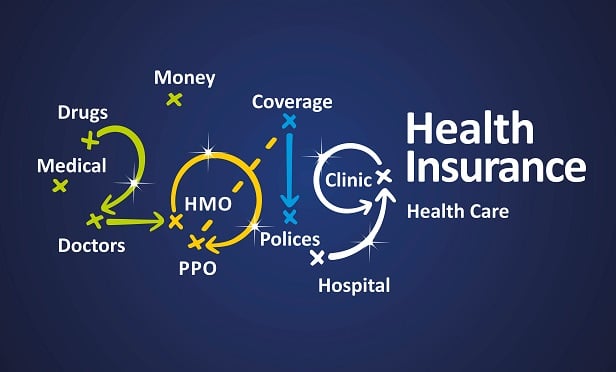 Sanders's claim becomes perplexing when you consider the total number of uninsured people in recent years; last year it was just 27.5 million..
Sanders's claim becomes perplexing when you consider the total number of uninsured people in recent years; last year it was just 27.5 million..
The moderators kicked off the third Democratic debate with the topic of health care, teeing up another round of the ongoing "Medicare for All" debate.
Vermont Sen. Bernie Sanders caught our attention by claiming that 50 million people lose their private insurance every year due to employment changes.
"George, you talked about, was it 150 million people on private insurance? 50 million of those people lose their private insurance every year when they quit their jobs or they go unemployed or their employer changes their insurance policy," Sanders said.
Continue Reading for Free
Register and gain access to:
- Breaking benefits news and analysis, on-site and via our newsletters and custom alerts
- Educational webcasts, white papers, and ebooks from industry thought leaders
- Critical converage of the property casualty insurance and financial advisory markets on our other ALM sites, PropertyCasualty360 and ThinkAdvisor
Already have an account? Sign In Now
© 2024 ALM Global, LLC, All Rights Reserved. Request academic re-use from www.copyright.com. All other uses, submit a request to [email protected]. For more information visit Asset & Logo Licensing.








